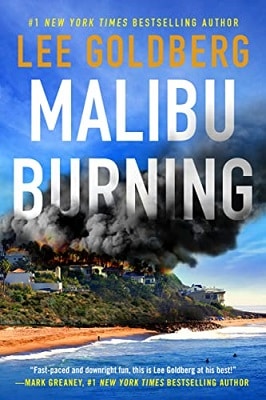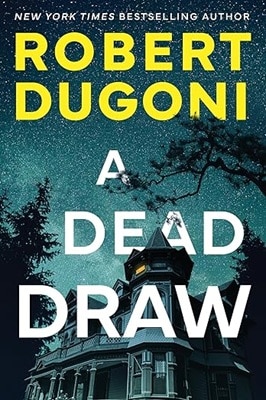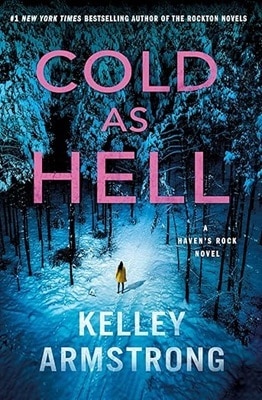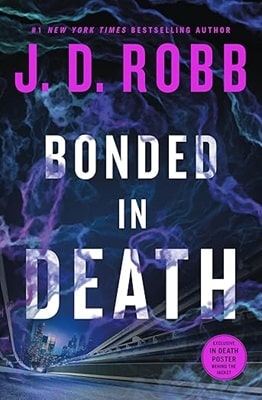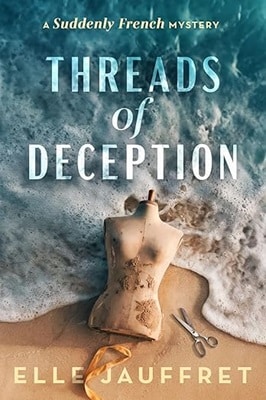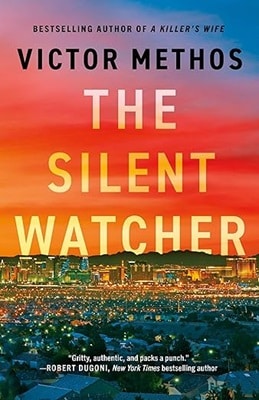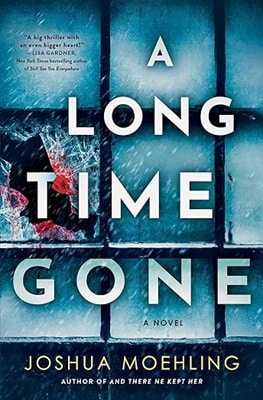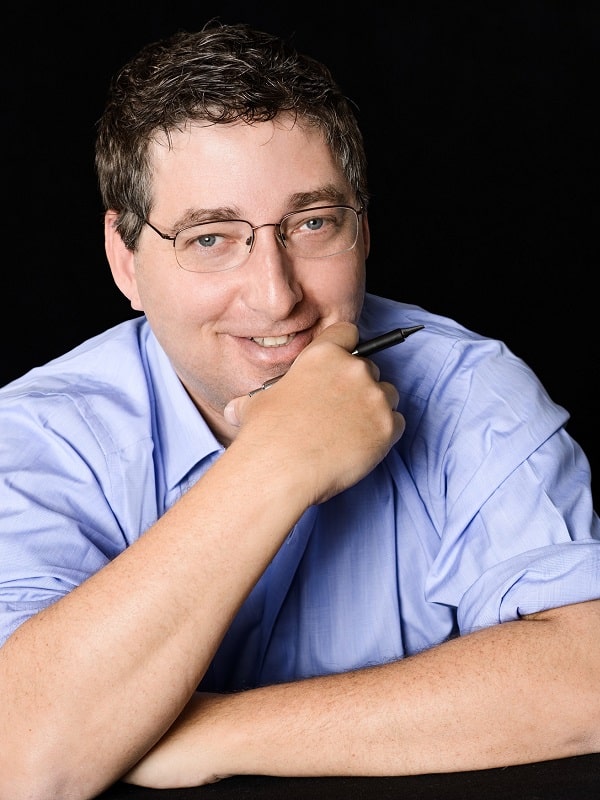
Q&A
Lee Goldberg
He published his first book “.357 Vigilante” (as “Ian Ludlow,” so he’d be on the shelf next to Robert Ludlum) while he was still a UCLA student. The West Coast Review of Books called his debut “as stunning as the report of a .357 Magnum, a dynamic premiere effort,” singling the book out as “The Best New Paperback Series” of the year. Naturally, the publisher promptly went bankrupt and he never saw a dime in royalties.
Q. What was the inspiration behind Malibu Burning?
Lee: There was no single inspiration. It’s more of a process with me. I wanted to tell a different kind of “police procedural” than everything else out there… and I also was eager to write about another con/heist (something I hadn’t done since the Fox & O’Hare series I co-authored with Janet Evanovich) with a bigger scope than a typical crime novel. At some point, I decided to try to combine the two. Wildfires have been on my mind for some time—I tackled the subject at the end of my novel LOST HILLS, creating a fictional fire that, to my shock, essentially came true a year or so later. I was evacuated from my home in Calabasas and was editing the galley of LOST HILLS while watching a fire on TV that was identical to the one I imagined. I was also fascinated by the aftermath of fires like that, something I explored in BONE CANYON, the sequel to LOST HILLS. But I guess I hadn’t worked out all of my issues with wildfires, because I decided to explore my fictional fire again, but from a different angle. And from that, MALIBU BURNING was born.
Q. What did you learn interviewing former ATF and Sheriff’s department arson investigators?
Lee: I knew nothing about arson investigation. So by interviewing experts, and reading lots of non-fiction books (mostly “textbooks” on arson investigation), I gained the knowledge I needed to write a convincing story set in that area of law enforcement. All I am looking for are enough facts that readers will suspend their disbelief and buy into everything that I make up. I am trying to create a believable world, but not necessarily a factual one.
Q. How did you get into the minds of the criminals you created?
Lee: By not thinking of them as criminals. I think of them as people with their own goals, frustrations, responsibilities, disappointments, etc.
Q. What did you learn about convict fire crews while you were doing your research?
Lee: I learned a lot—and all of it went into the book. They are basically the modern-day version of a chain gang: free labor for the state. But these men and women are risking their lives on a false promise of fire-fighting work when they are released. Many of them do it with their eyes open, willing to take the risks in return for the “freedom” that doing their time in a fire camp provides. It also teaches them new skills and gives them a sense of purpose. It can make their prison sentence more endurable… if they survive.
Q. Master thief Danny Cole has a conscience, as do some of the others in his crew. Why was it important to make his motivation for the heist at least partly emotional?
Lee: Because I want him to be a three-dimensional human being, not a one-dimensional caricature. He’s not a “bad guy”—he’s a person who does things that aren’t legal. He’s not defined just by what he does. Every real person who commits crimes has an emotional or psychological reason for what they are doing. And if you don’t acknowledge that as a writer, you are writing cliches, caricatures, and stick-figures, cartoon villains and not believable characters.
Q. You came up with a clever way to commit arson and get away with it that hasn’t been done before… How did arson investigators react when you shared it with them?
Lee: I don’t know how I came up with it—but I will tell you that the arson investigators were shocked. The first one I told about it reacted with a profanity…mostly because now he had to go out and test it. So, if it’s ever done, or might have already been done, there might be a way for him to detect it. So that’s what he did. He tested my method under various scenarios then analyzed the results, visually and forensically. And he sent me the videos. It was great.
Q. Is there one thing you wish for readers to take away after reading Malibu Burning?
Lee: The feeling that they’ve been entertained. I want to them to have a good time. There’s no deep message to these books. The goal is pure entertainment.
Q. What’s next for you?
Lee: This morning I delivered ASHES NEVER LIE, the sequel to MALIBU BURNING, to my editor. It will be out in Sept 2024. In the meantime, I have two new novels coming out: CALICO is November (a standalone thriller—part modern police procedural, part period western, that share the same dead body), and DREAM TOWN in January, the fifth book in the Eve Ronin series. What comes after that? Who knows.

